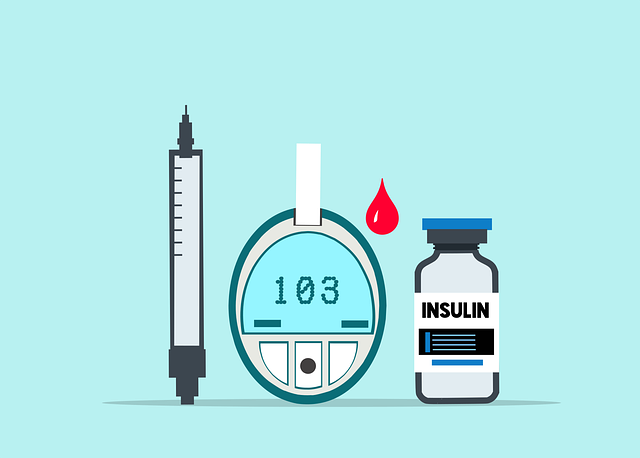Liver Function Tests (LFTs) are crucial for assessing liver health, detecting early damage or diseases like hepatitis, cirrhosis, and even cancer. At-home blood testing kits in the UK offer a convenient, discrete way to monitor liver health with just a finger prick, providing valuable insights guiding medical decisions. Popular among those with lifestyle risks, remote locations, or limited mobility, these tests have improved accessibility and reduced waiting times compared to traditional methods. However, accuracy varies, so results should be interpreted by healthcare professionals; choosing reputable sources is essential for reliable outcomes. Interpretations of LFTs, including key enzymes (ALT, AST) and markers like bilirubin and albumin, help professionals assess liver health risks and confirm conditions like hepatitis or cirrhosis.
Liver function tests (LFTs) are essential tools for medical professionals to assess liver health. In this comprehensive guide, we explore LFTs, their measurements, and why they’re crucial. We delve into the benefits and drawbacks of home blood testing for liver health in the UK, including availability. Additionally, we provide insights on interpreting results, highlighting normal ranges and potential red flags. Empower yourself with knowledge about this game-changing blood test at home in the UK.
- Understanding Liver Function Tests: What They Measure and Why
- Home Blood Testing for Liver Health: Pros, Cons, and Availability in the UK
- Interpreting Results: Recognizing Normal Ranges and Potential Red Flags
Understanding Liver Function Tests: What They Measure and Why
Liver function tests (LFTs) are a series of blood tests designed to evaluate how well your liver is working. These tests measure various enzymes and proteins produced by the liver, helping medical professionals assess its health status. LFTs can detect early signs of liver damage or disease, such as hepatitis, cirrhosis, or even cancer.
In the UK, many individuals opt for at-home blood testing kits to monitor their liver health discreetly and conveniently. These kits allow you to take a simple finger prick sample and send it off for analysis, providing valuable insights into your liver’s functionality without the need for a clinical visit. Understanding the results of these tests is crucial as they can guide further investigations or interventions if necessary.
Home Blood Testing for Liver Health: Pros, Cons, and Availability in the UK
Home blood testing for liver health has gained popularity in recent years, offering individuals a convenient way to monitor their liver function. These tests allow patients to take a sample at home and send it off for analysis, receiving results within days. Pros include improved accessibility, reduced waiting times compared to traditional methods, and the ability to track potential issues early on. This is particularly beneficial for those with lifestyle factors that may impact liver health but live far from medical centres or have limited mobility.
However, there are also cons to consider. Home tests may not provide the same level of accuracy as comprehensive laboratory assessments, and results should always be interpreted by a healthcare professional. Additionally, while these tests are widely available in the UK through various online retailers and pharmacies, regulation varies, so it’s crucial to choose reputable providers to ensure reliable and valid results.
Interpreting Results: Recognizing Normal Ranges and Potential Red Flags
Interpreting results from a liver function test is crucial for medical professionals, especially when advising patients on potential health risks. Recognising normal ranges and understanding potential red flags are essential steps in this process. In the UK, blood tests at home can provide an initial indication of liver health, with typical reference ranges for key liver enzymes (e.g., ALT, AST) being below 40 U/L for males and below 30 U/L for females. However, these values can vary slightly between laboratories, so it’s important to consult the specific results provided alongside any recommended guidelines.
Abnormal liver function test results may indicate underlying conditions such as hepatitis, fatty liver disease, or even more serious issues like cirrhosis. Elevated levels of enzymes like ALT and AST, for instance, could suggest acute or chronic liver damage. Medical professionals should look for consistent abnormalities across multiple tests over time to confirm these findings. Additionally, other markers like bilirubin (elevated in jaundice) and albumin (low levels can indicate impaired synthesis) can provide further insights into a patient’s liver health status.
Liver function tests are essential tools for medical professionals to assess liver health. While home blood testing kits offer accessibility and convenience in the UK, they should be used judiciously alongside professional advice. Understanding normal ranges and potential red flags is crucial for early detection of liver issues. For those considering at-home testing, being aware of the pros and cons can help make an informed decision regarding their liver health monitoring.
